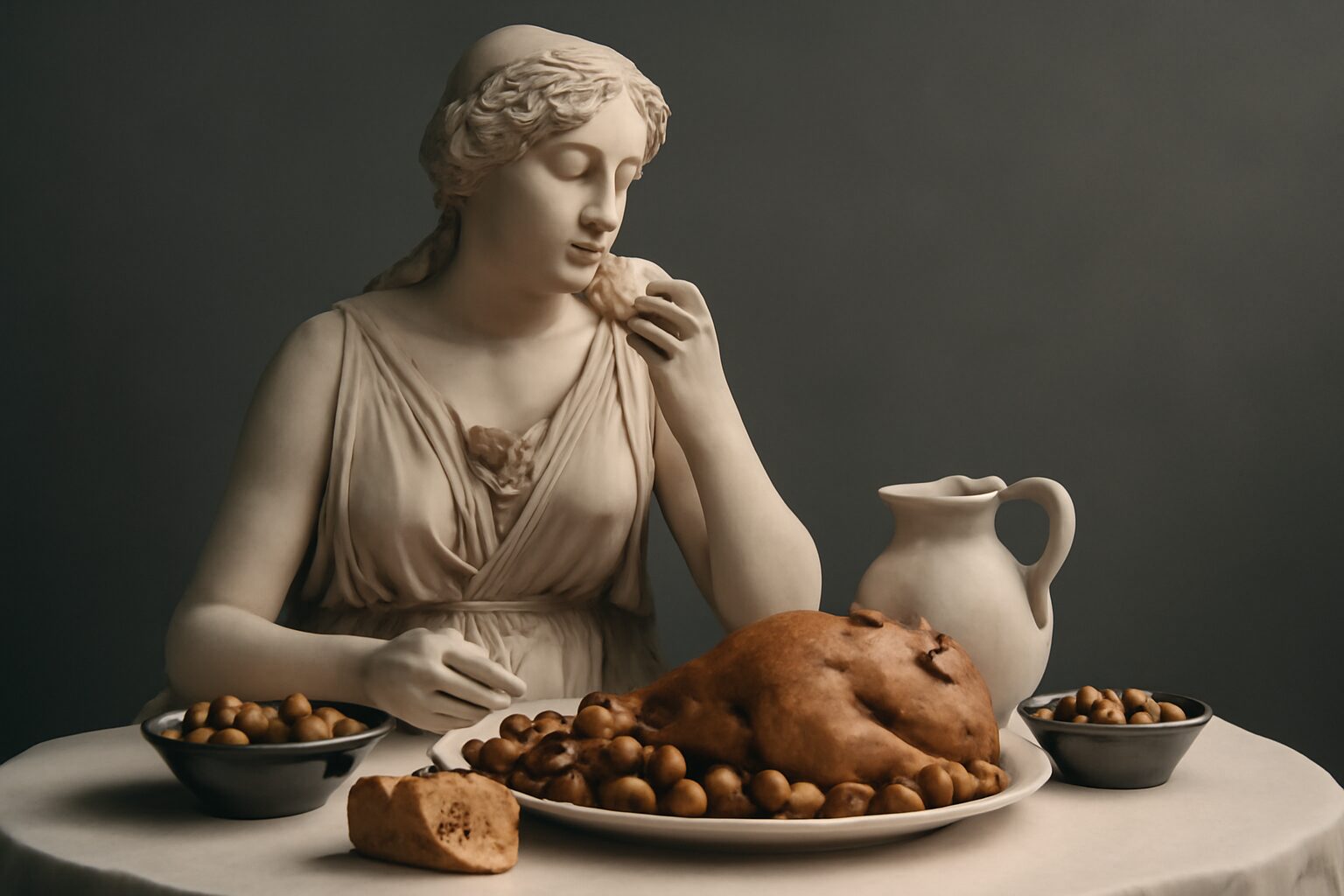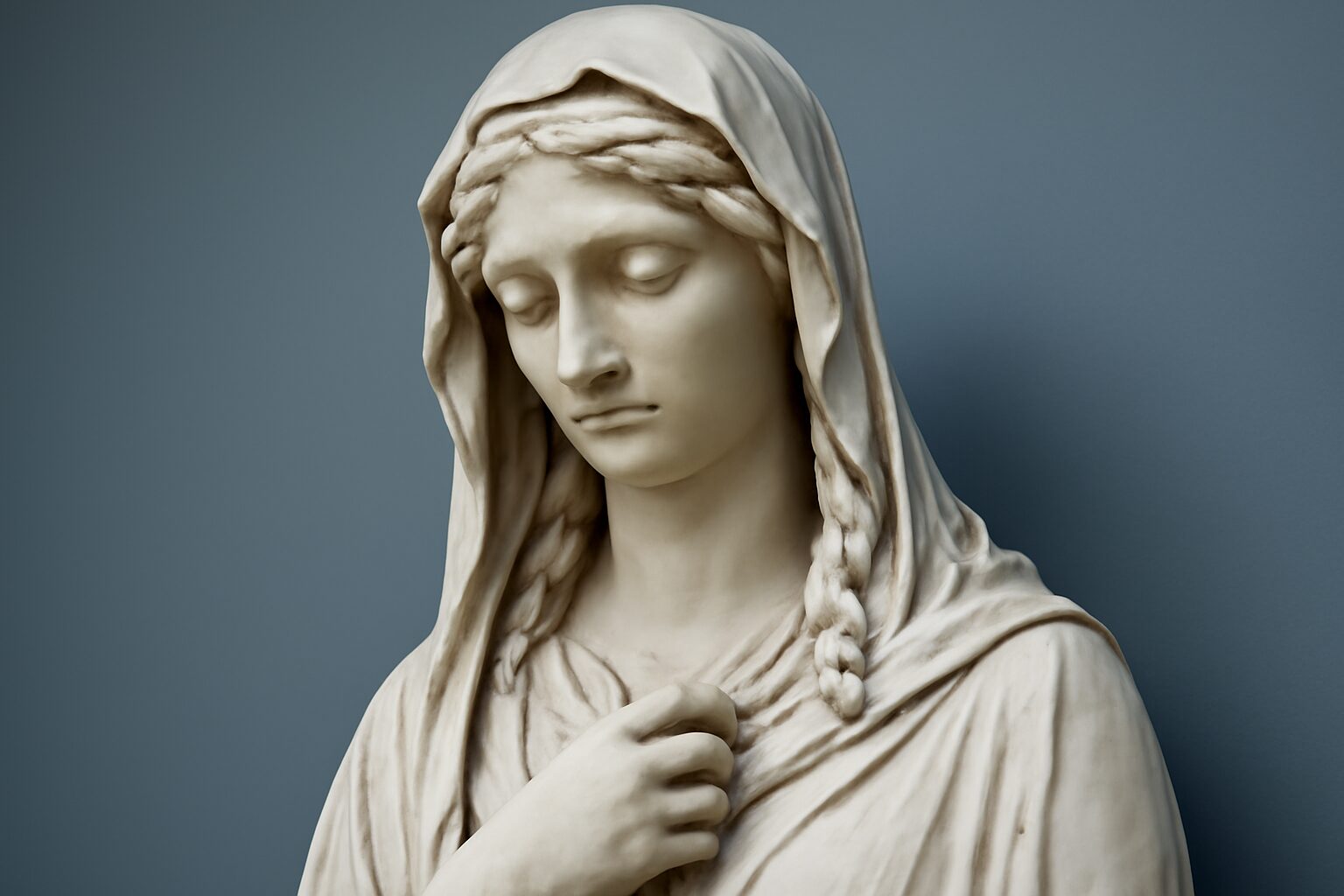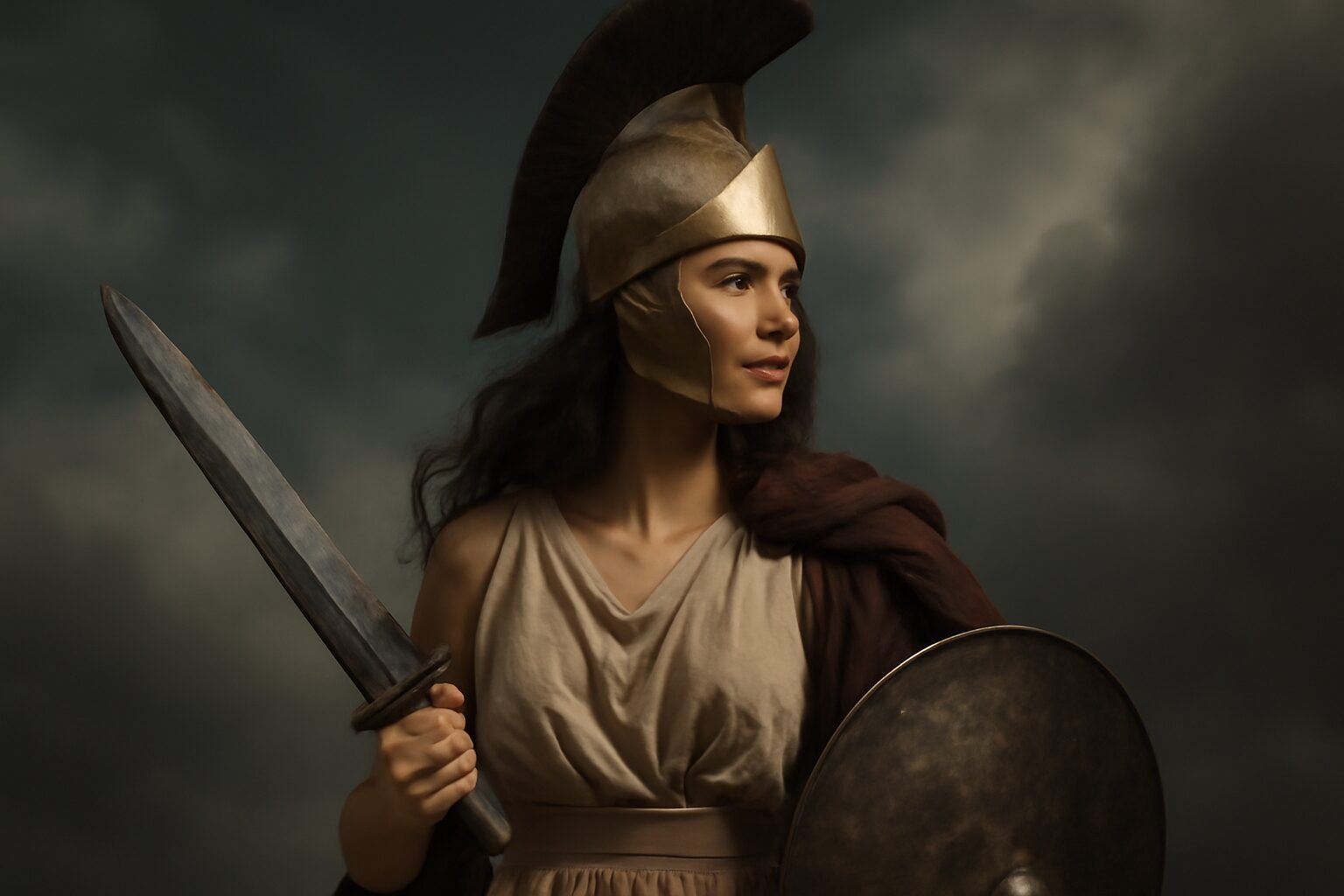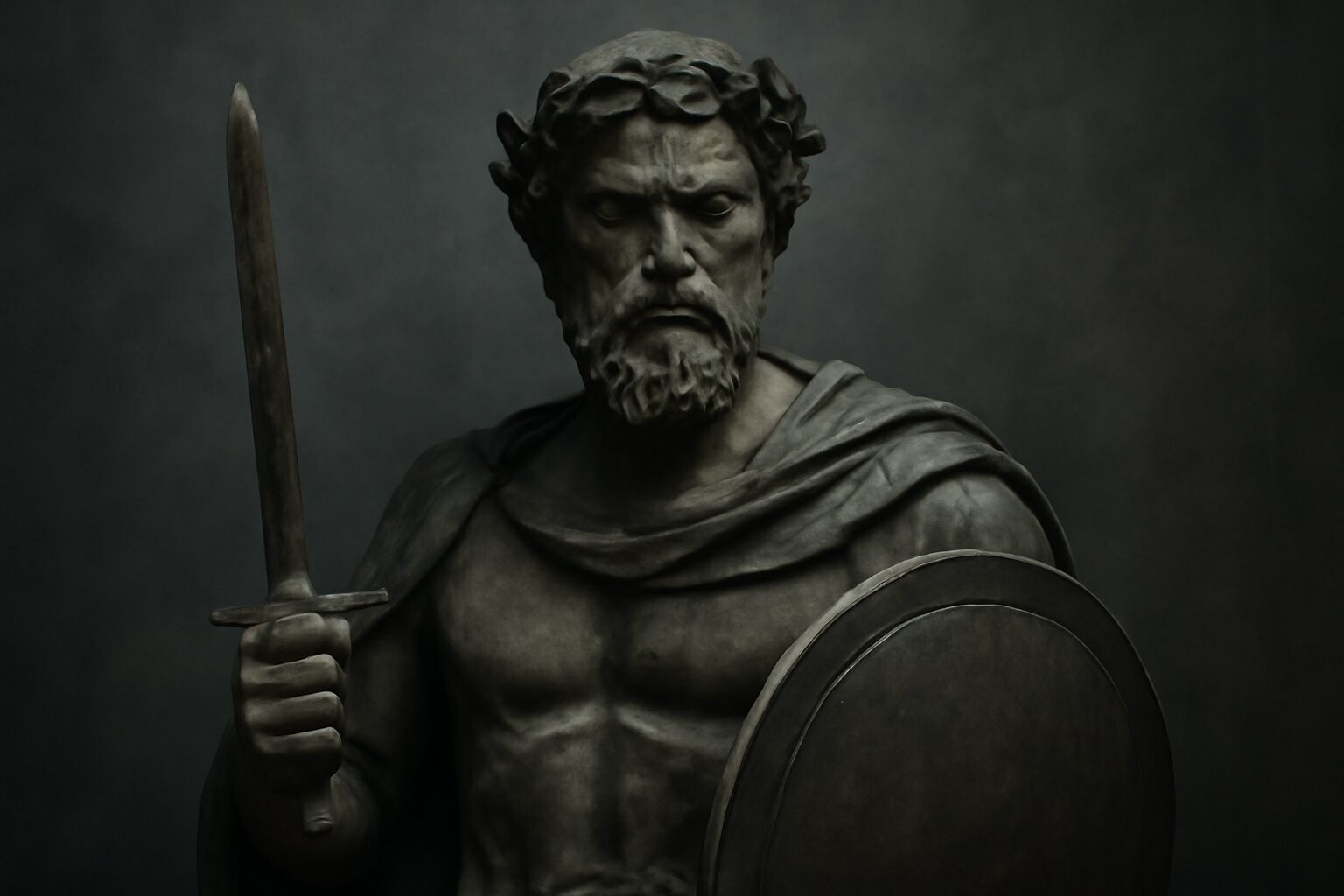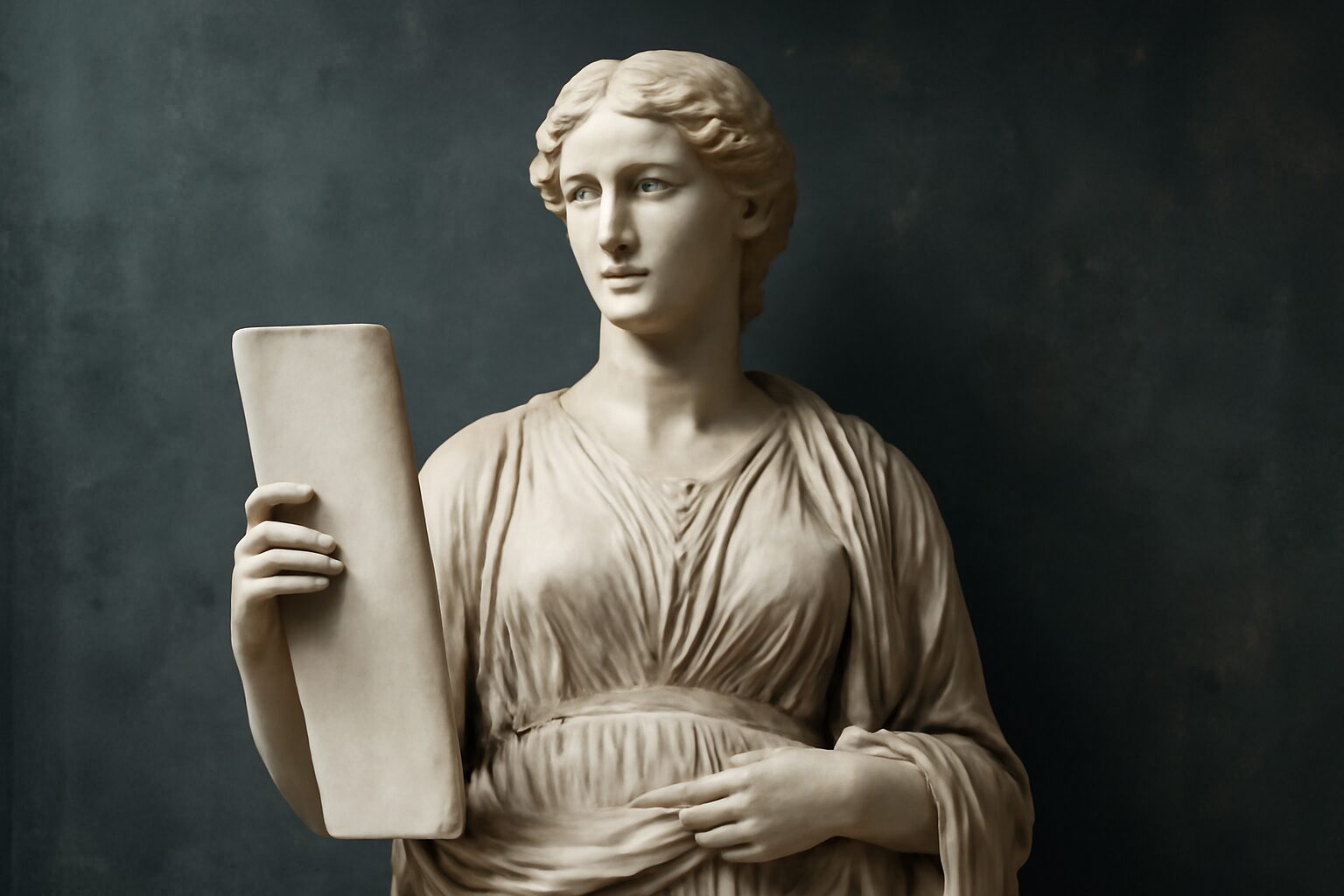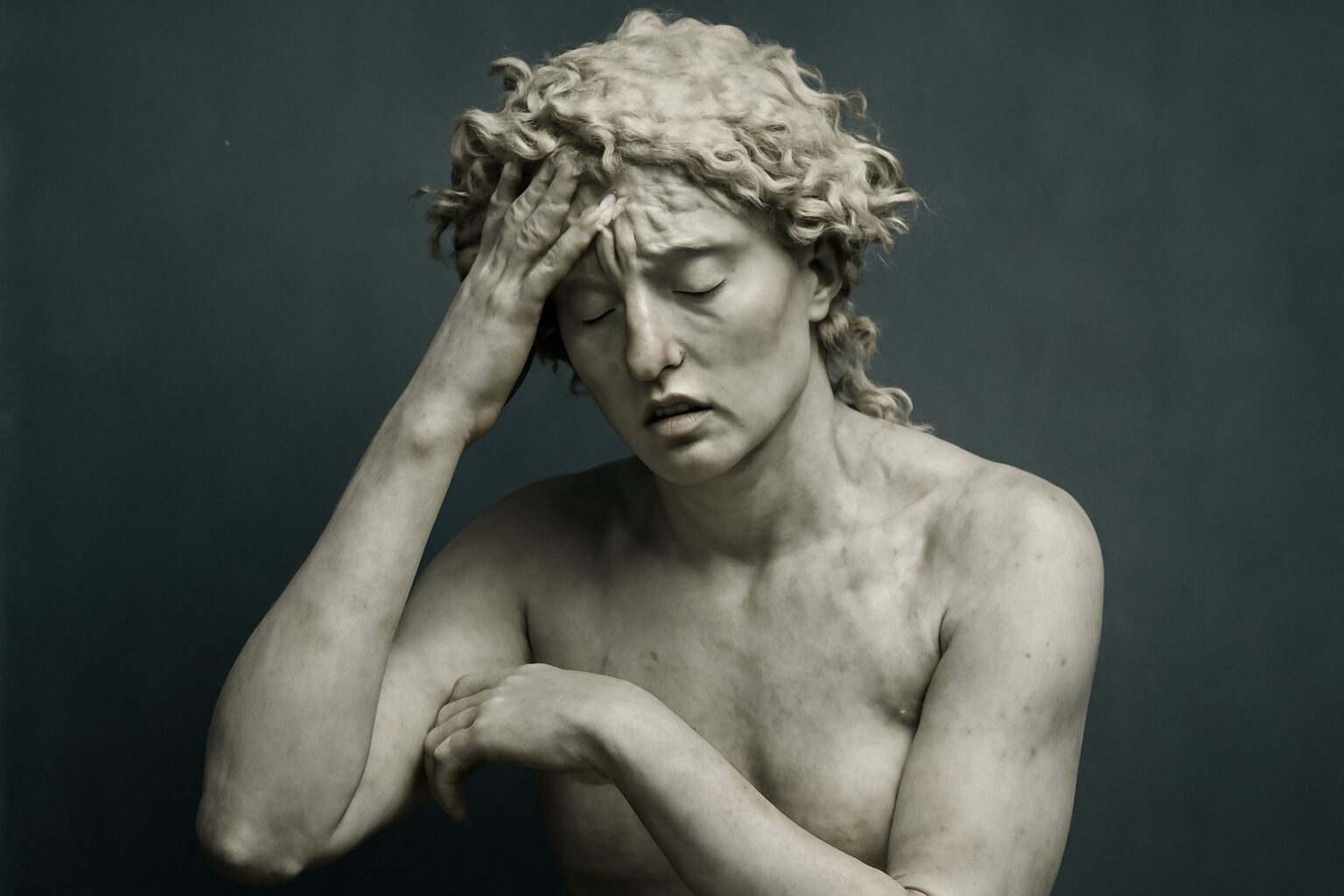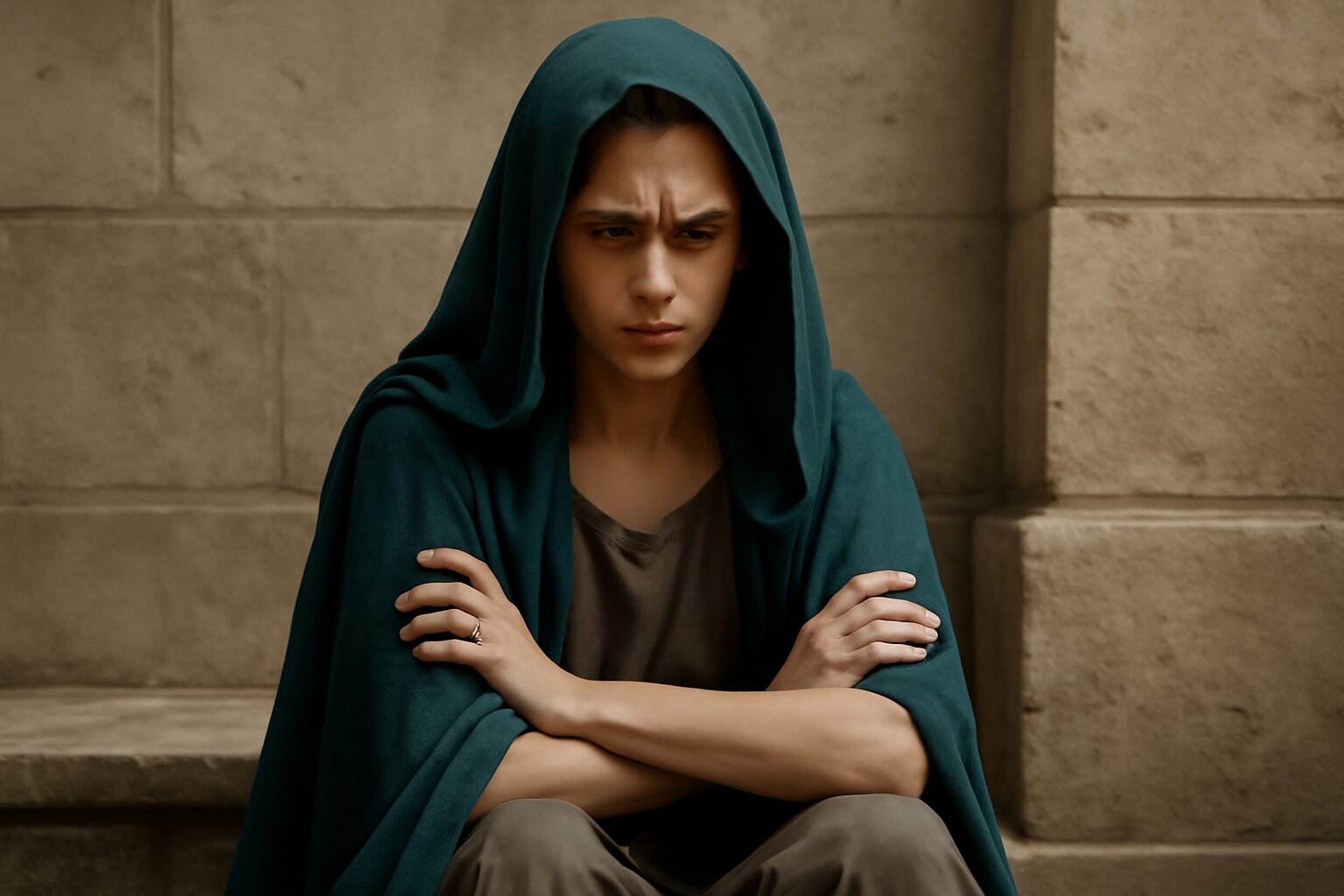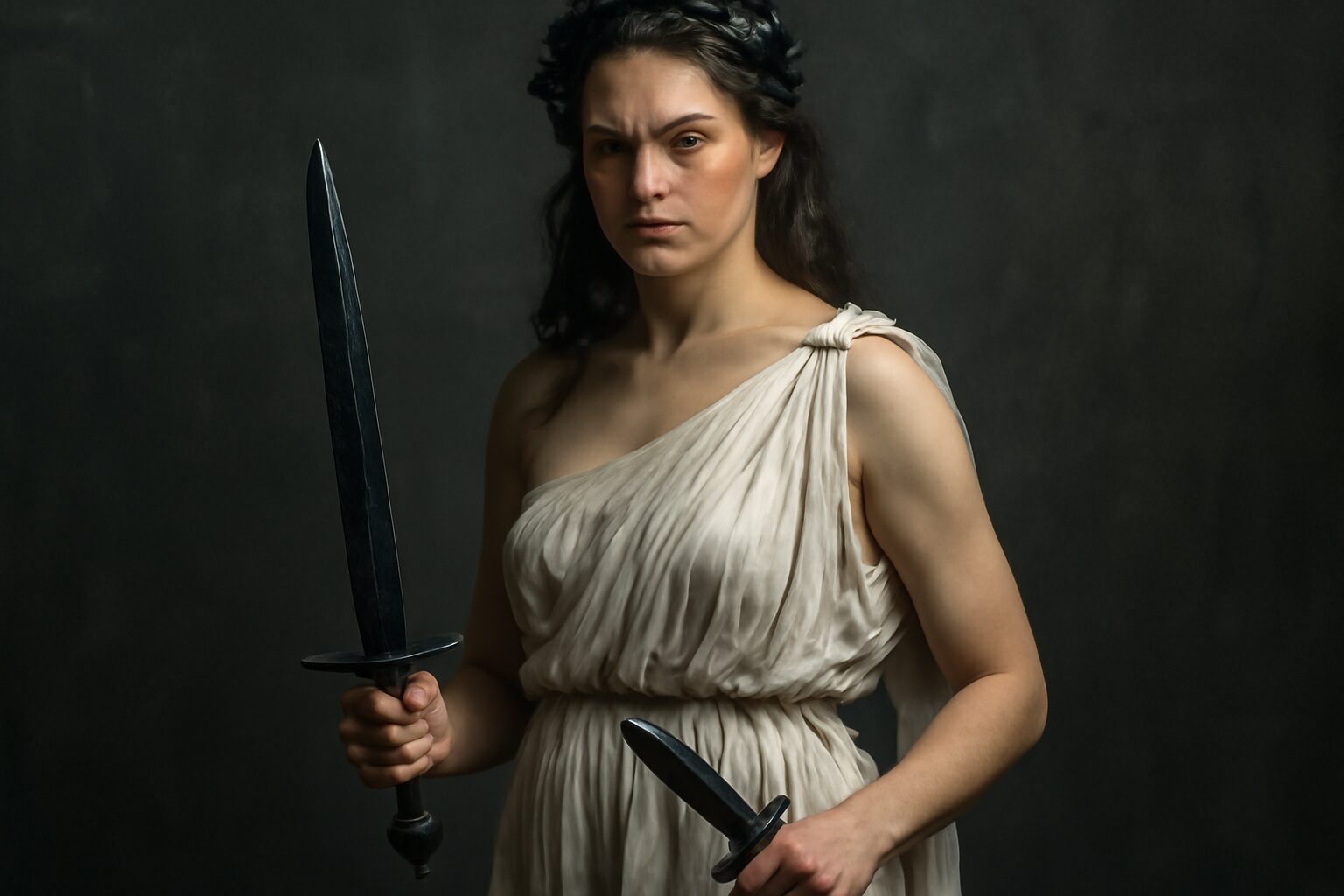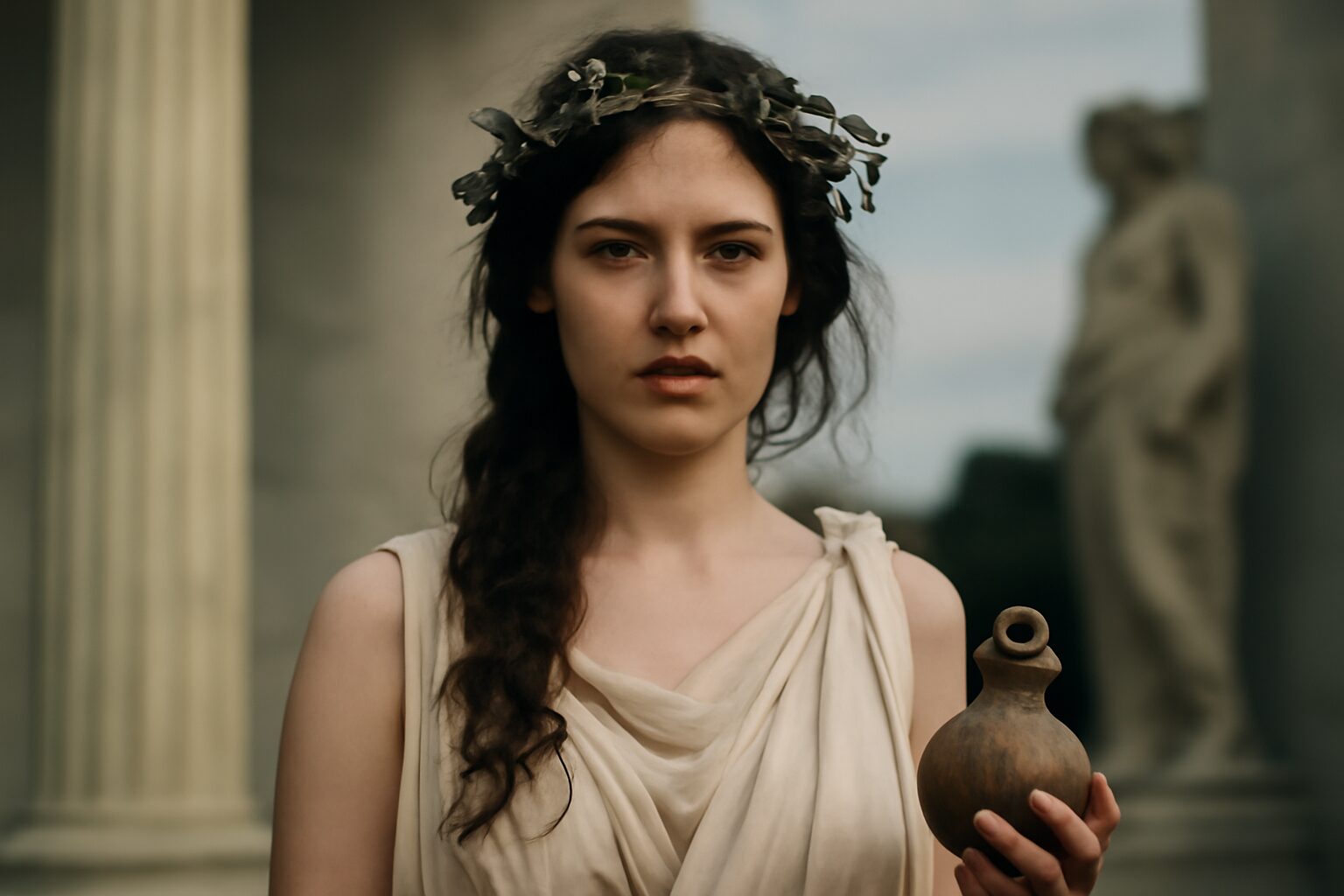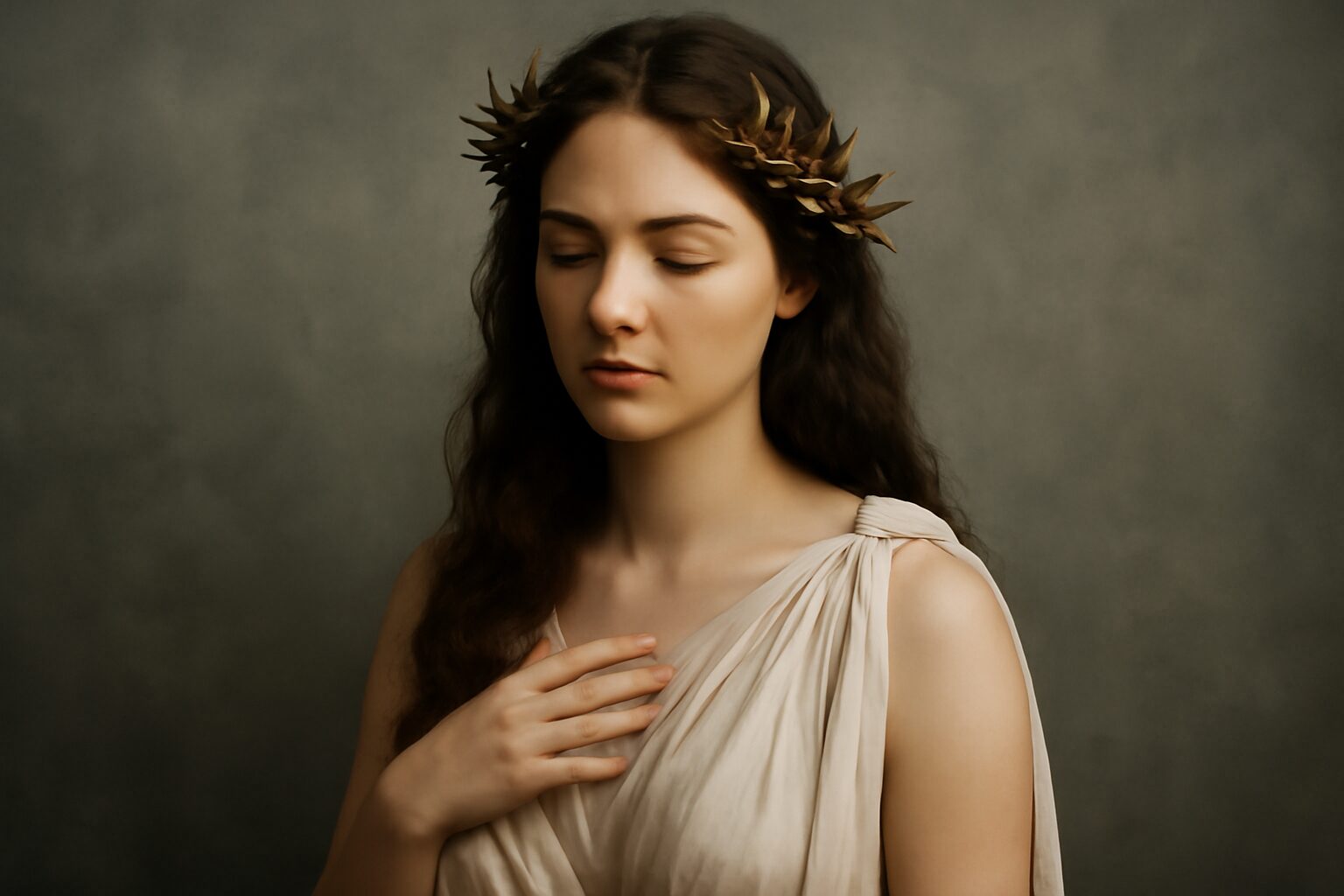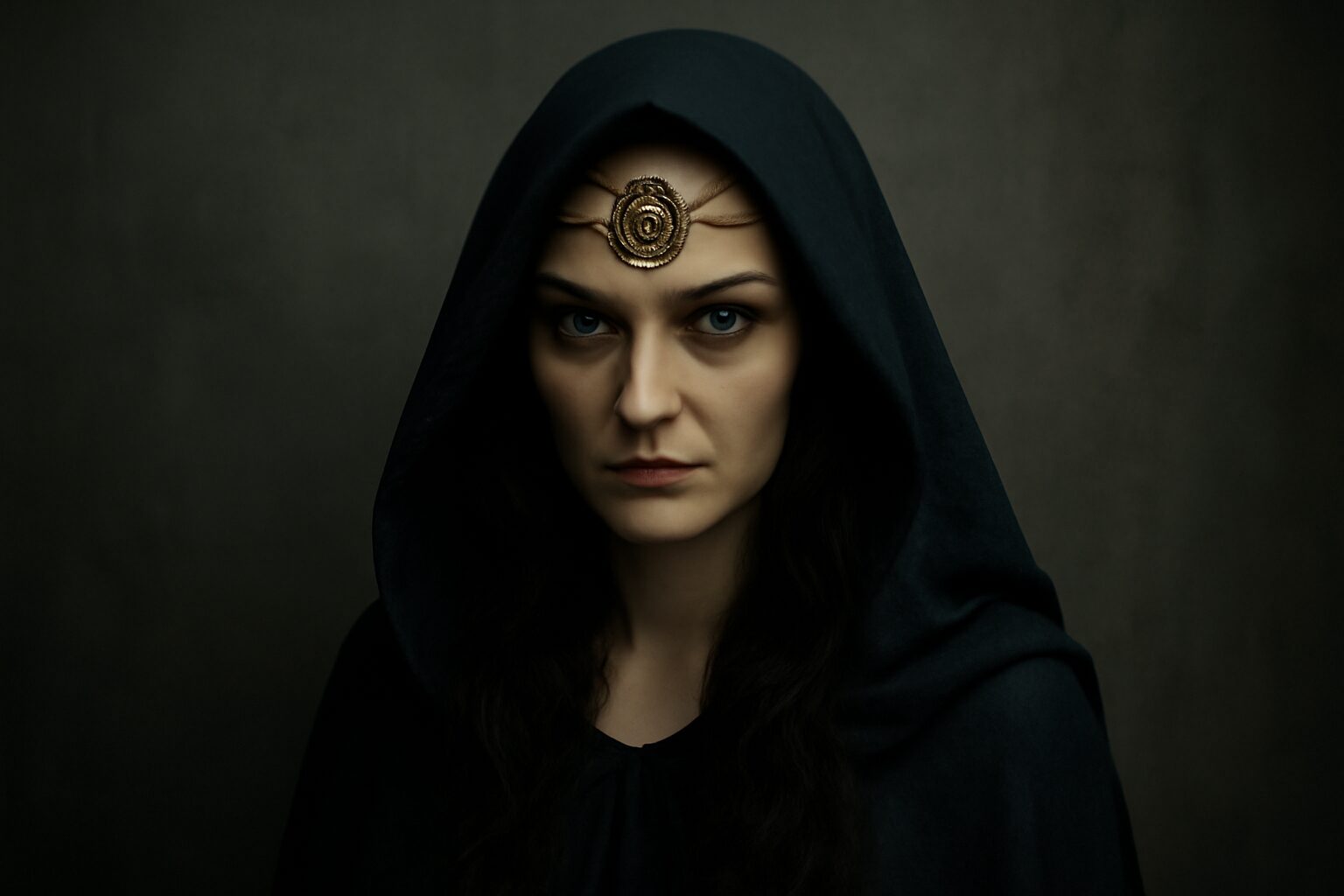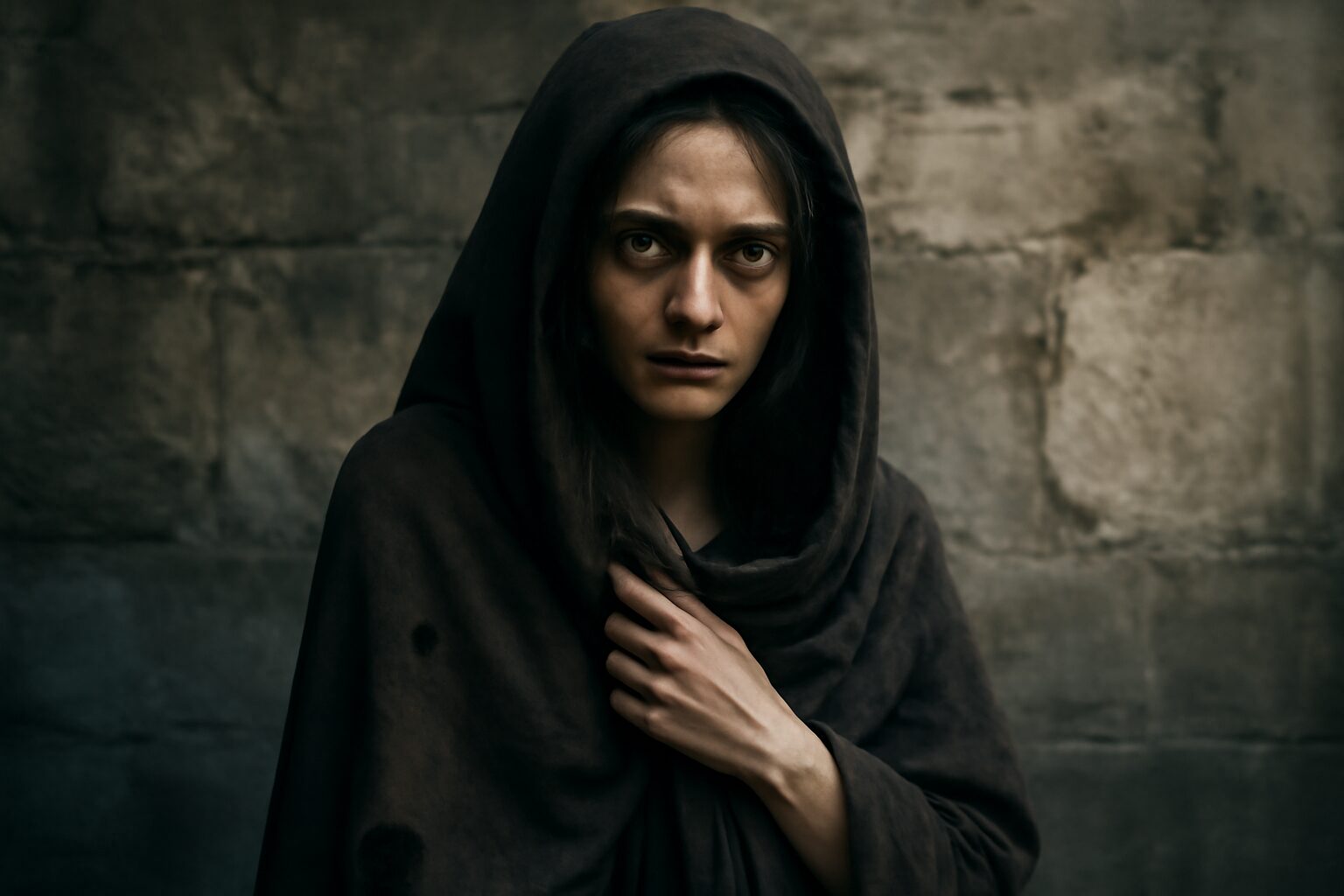Personifications and Spirits (Daimones)

Some Personifications and Spirits (Daimones)
Personifications and Spirits (Daimones) in Greek Mythology
In Greek mythology, personifications and daimones (spirits) represent abstract concepts, emotions, and forces of nature, often depicted as divine or semi-divine beings. They interact with the major gods and influence human affairs. Below are some key examples:
Nike
Nike is the personification of victory, often depicted alongside Zeus or Athena. As a daimon, she embodies triumph in both battle and peaceful competitions, symbolizing success and glory.
Eros
Eros represents love and desire, acting as a primordial force or a companion of Aphrodite. As a daimon, he influences emotions and relationships, driving both divine and mortal passions.
Nemesis
Nemesis is the spirit of retribution, ensuring balance by punishing hubris and undeserved fortune. She works closely with the gods to uphold justice and moral order.
Thanatos
Thanatos personifies death, often working alongside Hades. As a daimon, he represents peaceful passing, contrasting with violent ends brought by other spirits like the Keres.
Hypnos
Hypnos is the embodiment of sleep, a calming daimon who soothes gods and mortals alike. He is closely associated with night and dreams, often aiding or interacting with other deities.
Eris
Eris personifies strife and discord, famously triggering the Trojan War. As a daimon, she embodies conflict and rivalry, influencing both divine quarrels and mortal disputes.
Elpis
Elpis is the spirit of hope, remaining in Pandora's jar after evils were released. She represents optimism and the human capacity to endure hardships, linked to Zeus's broader plans for humanity.
Frequently Asked Questions
What are Daimones in Greek mythology?
Daimones (or Daemones) are personifications and spirits in Greek mythology that represent abstract concepts, emotions, or natural forces. They are lesser divine beings who influence human life, such as Nike (Victory) or Eros (Love).
Why are Daimones important in Greek mythology?
Daimones are important because they bridge the gap between gods and humans, embodying everyday experiences like love, fear, or justice. They help explain natural and emotional phenomena in a way that connects the divine to mortal life.
What can we learn from studying Daimones?
Studying Daimones teaches us how ancient Greeks understood and personified abstract ideas. It reveals their worldview, values, and how they explained emotions, fate, and natural events through mythology.
Are Daimones the same as gods in Greek mythology?
No, Daimones are not the same as the major gods like Zeus or Athena. They are lesser divine beings or spirits that personify specific concepts, while the Olympian gods have broader domains and more complex personalities.
Do people still believe in Daimones today?
While most people don't literally believe in Daimones today, their influence persists in language, psychology (e.g., 'demon' comes from 'daimon'), and modern storytelling where personified concepts appear as characters or symbols.


